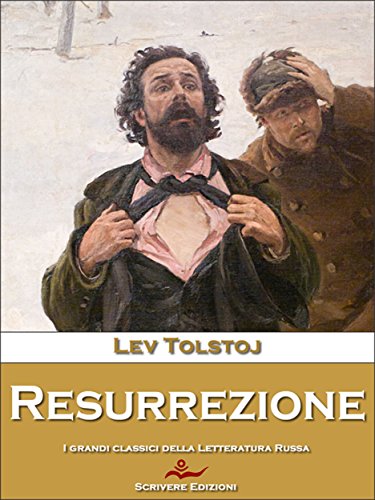Sublime
An inspiration engine for ideas
But it is hard for a discontented man not to reproach someone else, especially the very one who is closest to him, for his discontent.
Leo Tolstoy • Anna Karenina (Penguin Classics)
Pyotr Alexandrovich Miusov,
Larissa Volokhonsky • The Brothers Karamazov: A Novel in Four Parts With Epilogue
Ce sont les plus jaloux qui pardonnent le plus vite, et les femmes le savent bien : ils peuvent, après une scène d’ailleurs excessivement tragique, pardonner une trahison presque évidente, presque immédiate ; ils pardonnent les baisers, les étreintes qu’ils ont vus eux-mêmes, en se disant pour se consoler que « c’est peut-être pour la dernière
... See moreFédor Dostoïevski • Les Frères Karamazov (French Edition)


Les frères karamazov
existe-t-il une conscience sans foi ?
Des valeurs universellement reconnues par l’humanité sans doctrine commune ?
Est-ce pertinent de savoir ce qui pousse l’homme vers le bien ( les raisons) ou le simple fait qu’il le soit suffit ?
Est-ce que l’éthique est plus puissante que la morale ?


